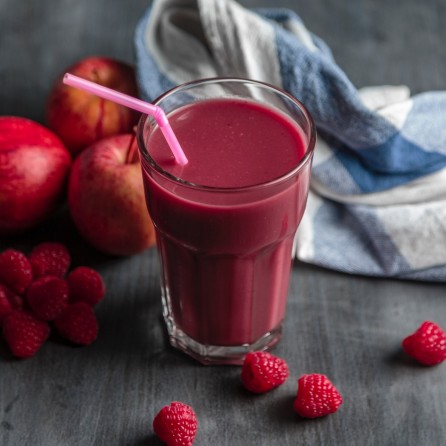
An article published recently in the MJA suggests that trying to fix poor food choices by adding extra nutrients avoids the real problem.
Today, food packaging which proudly announces that its content is ‘enriched with calcium’ or has ‘added vitamin D’, amongst other nutrients, is a common sight on the supermarket shelves.
But an article published recently in the Medical Journal of Australia (MJA) suggests that trying to fix poor food choices by adding extra nutrients avoids the real problem.
It presents the statistics. Excess weight, which affects 70% of men, 56% of women and 25% of children in Australia, immediately increases the risk of type 2 diabetes, cardiovascular disease, some common cancers and musculoskeletal problems.
And whilst genetics play their part in obesity, it claims that sedentary lifestyles and modern eating patterns have combined to expand the nation’s waistline. It cites bad habits such as replacing home-cooked, family meals at the table with snacks and convenience foods, and the fact that supermarkets and food outlets have extended their opening hours, as some of the culprits.
Also responsible, it says, is the simple increase in the size of plates, bowls, glasses and cups, which leads to greater consumption.
hirty five percent of the average adult’s kilojoule intake, the MJA reports, consists of discretionary (or, junk) food, and this figure rises to 40% for children.
Just 5.5% of Australians, it says, have an adequate intake of vegetables and fruit, with the majority consuming less than half the recommended quantity of whole grains.
‘So, does the addition of nutrients to processed food address the problem? Sadly, there is no evidence to suggest that this is any kind of a fix.’
So, does the addition of nutrients to processed food address the problem? Sadly, there is no evidence to suggest that this is any kind of a fix.
The MJA report summarises that in line with the recommendations of the World Health Organisation (WHO) in 1995, Australia’s 2013 dietary guidelines concentrated on evidence relating to whole foods rather than individual nutrients.
Yet still the food industry further processed food by adding vitamins, minerals, protein concentrates, omega-3 fatty acids, prebiotics and probiotics, and various phytonutrients, in order to ‘improve’ diet quality.
Across the world, it continues, nutritionists stress the importance of changes in eating patterns, rather than simply adding nutrients to the food we are already eating far too much of.
For the purposes of both health, and lessening the environmental impact, the US 2015 dietary guidelines suggested a diet rich in vegetables, fruit, whole grains, seafood, legumes and nuts; moderate in low- and non-fat dairy products and alcohol (among adults).
Lower in red and processed meat; and low in sugar-sweetened foods and beverages and refined grains. This was apparently not well received, and the US Congress consequently passed a bill ensuring that the sustainability issues were not included.
We understand that the final, 2016, guidelines ultimately dropped the recommendations regarding the benefits of a plant-based diet, although it did support the WHO call to limit sugar.
The MJA contrasts this with the Brazilian guidelines which were, on the other hand, unequivocal. Diet, the Brazilian guidelines said, should be based on natural or minimally processed foods, with intake of processed foods to be limited, and that of ultra-processed to be avoided altogether.
It recommended that individuals eat regularly and carefully, in company where possible, and in appropriate environments. Fast-food chains should also be avoided, and food advertising regarded cautiously.
This, according to the MJA, is how to improve food choices, change eating patterns, reduce consumption of junk food, and help solve an obesity crisis. Adding extra nutrients to food, is not.
Amy Williams